In the 500th century, Carmelite brothers cultivated agricultural products at the Convento do Carmo farm, on the outskirts of Lagoa. There were no pesticides and the crops were seasonal. Now, after almost XNUMX years, and after a period of abandonment, the Convento do Carmo became Convent'bio. The vegetable garden in this ancient religious space once again had vegetables and fruits. A lot has changed, but the biological nature of production has not.
Convent'bio, which will be officially inaugurated this Friday, July 5th, despite having opened its doors in February, was created by the hand of Lagoense businessman Vitorino Pina, who has always had an emotional connection to that space.
«The project came from a very strong desire on my part. When I was little, I played here on this farm, it has great sentimental value. Here we have a mulberry tree that must be about 300 years old and I remember that, at the age of 10, I was going to eat blackberries there. It's not a project just thinking about money, it's a project to recover history», he told the Sul Informação.
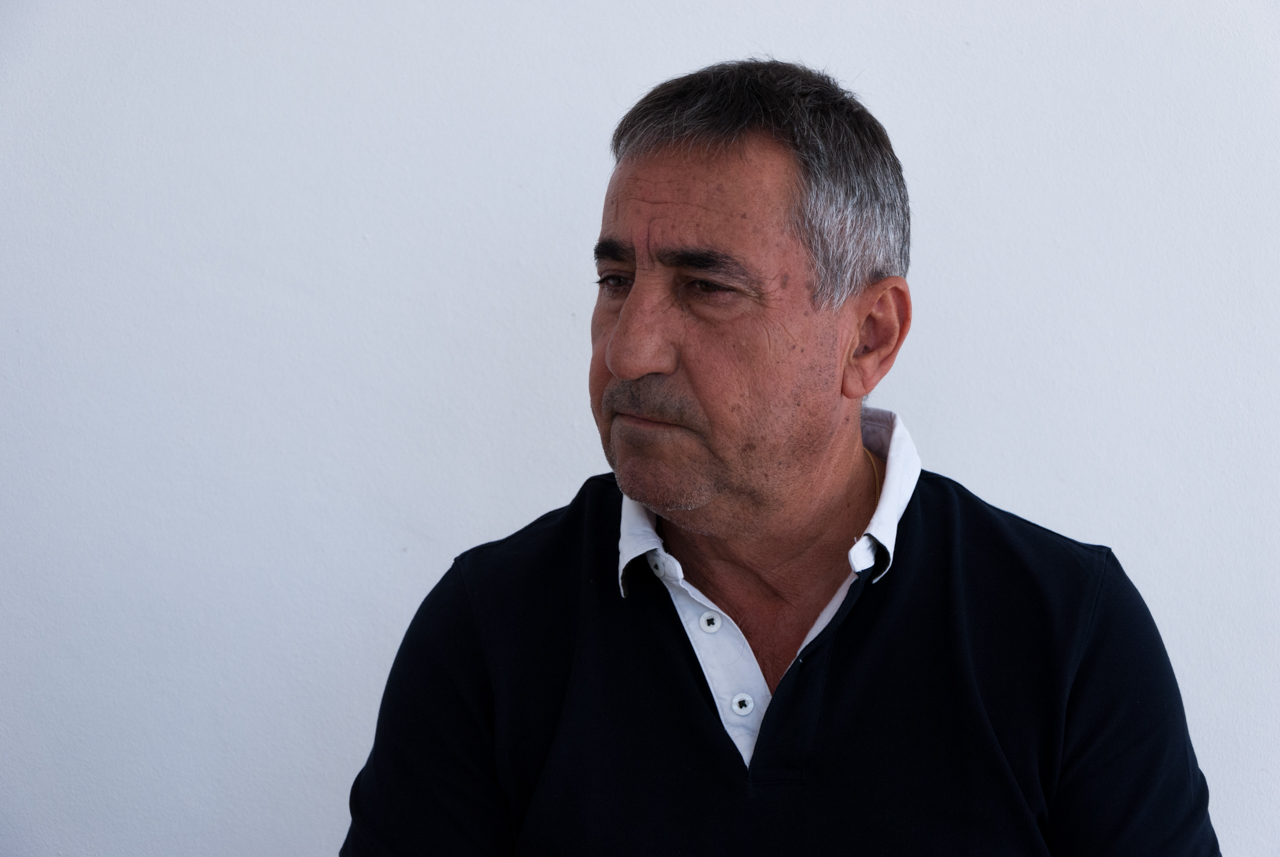
Convent'bio has a vegetable garden, a grocery store and a small restaurant. All products sold are of organic origin, whether produced on the farm or purchased from suppliers, preferably local. There is also bread, also organic, kneaded and baked in that space.
Vitorino Pina recalls that “the convent was abandoned for many years and, when we bought the property, the idea of making a biological project immediately came up, going back to the origins of the place. Those who lived here practiced subsistence, biological agriculture. Since the land was already rested and the fact that it is a historic site, the idea took root even further. As an entrepreneur, I saw that there was, more and more, a concern with the environment and biological products and a trend towards the consumption of these products. I thought it was a good business opportunity».
On the farm, there are two hectares of asparagus planted, but «it won't be to consume everything here, it could be for export. Then we have our organic vegetable garden. We produce to sell in the supermarket, for baskets, which can be ordered online throughout the Algarve, for resale and for our restaurant, which also only has organic food. What we don't have, we buy nearby, as long as it is certified», explains the businessman.
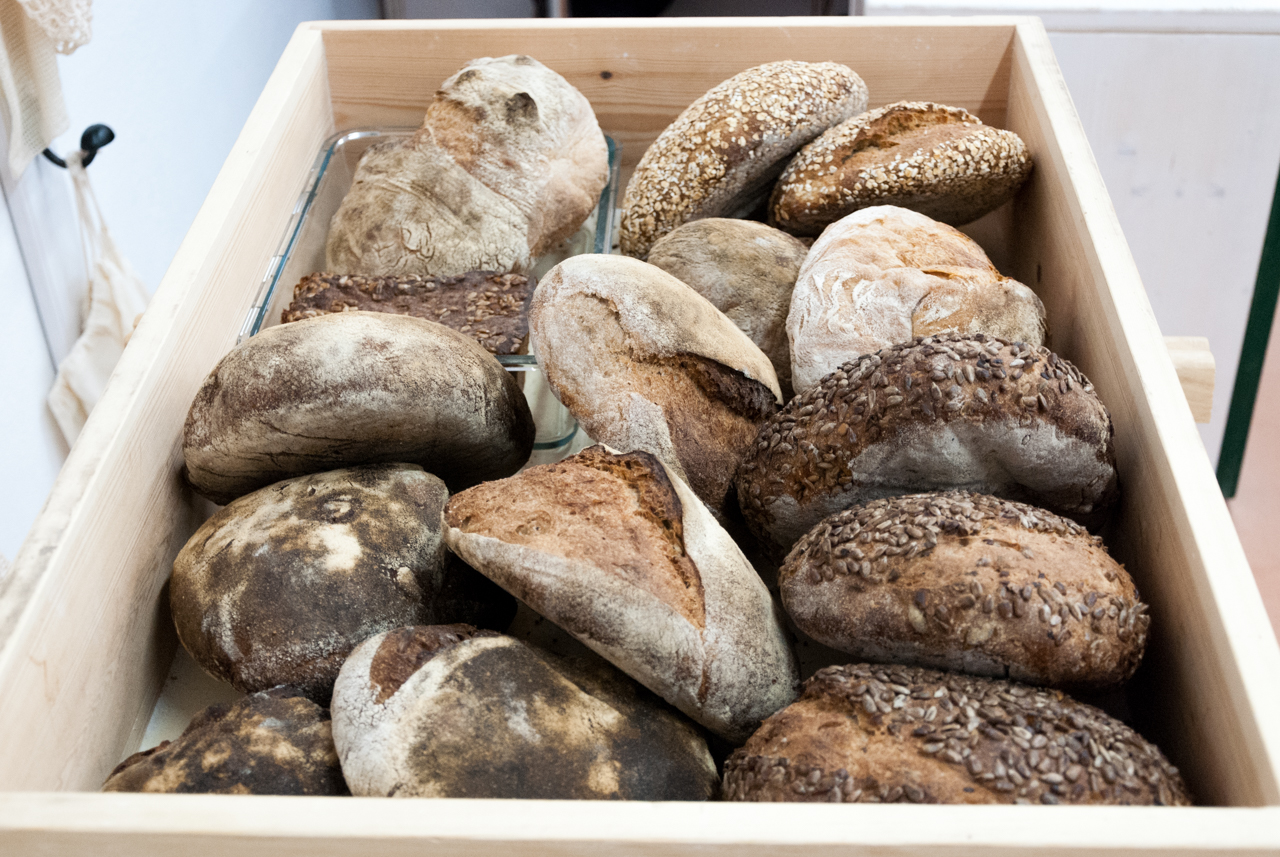
Despite this being a commercial space, Convent'bio wants to assume responsibilities in other areas, such as environmental education. “We intend that families with children can go to the garden to choose the products they are going to buy, picking them up. We also have a touristic aspect, since we want to have events associated with agricultural activities, such as the defoliation or the dance of the corn threshing floor».
Vitorino Pina also has the objective of recovering a tradition that existed in the Convento do Carmo, until the 70s of the last century. «There was the Festa do Carmo, which was an initiative of the farmers. My intention is to recover the party, which was interrupted by decree of the Junta Autónoma de Estradas, because it cut the EN125 to Lagoa. We don't have many alternatives, but it can be done through the land of Sanipina [company that also belongs to it]. Further on, you will always have to take a bit of the EN125 and the competent authorities will have to approve it».
This religious festival, celebrated in May, departed from the convent chapel, in procession to the then town of Lagoa.
The first five months of “experimental operation” of Convent'bio are going “shyly. People are still coming in and getting it. We have a specific market segment. Not everyone likes this type of product or food. These are more expensive products. But customers are starting to take an interest. We haven't done much publicity so far. Let's speed up and start receiving groups», says Vitorino Pina.
For now, seven jobs have been created by Convent'Bio, but the project is far from being completed, not least because one of Vitorino Pina's ideas, which involved restoring the convent's chapel, will have to wait. “Unfortunately, our application for European funds for the restoration of the building, for business and the creation of jobs, was refused. Therefore, we were unable to recover the interior of the chapel. Our financial availability is over. It is a project that will be interrupted».
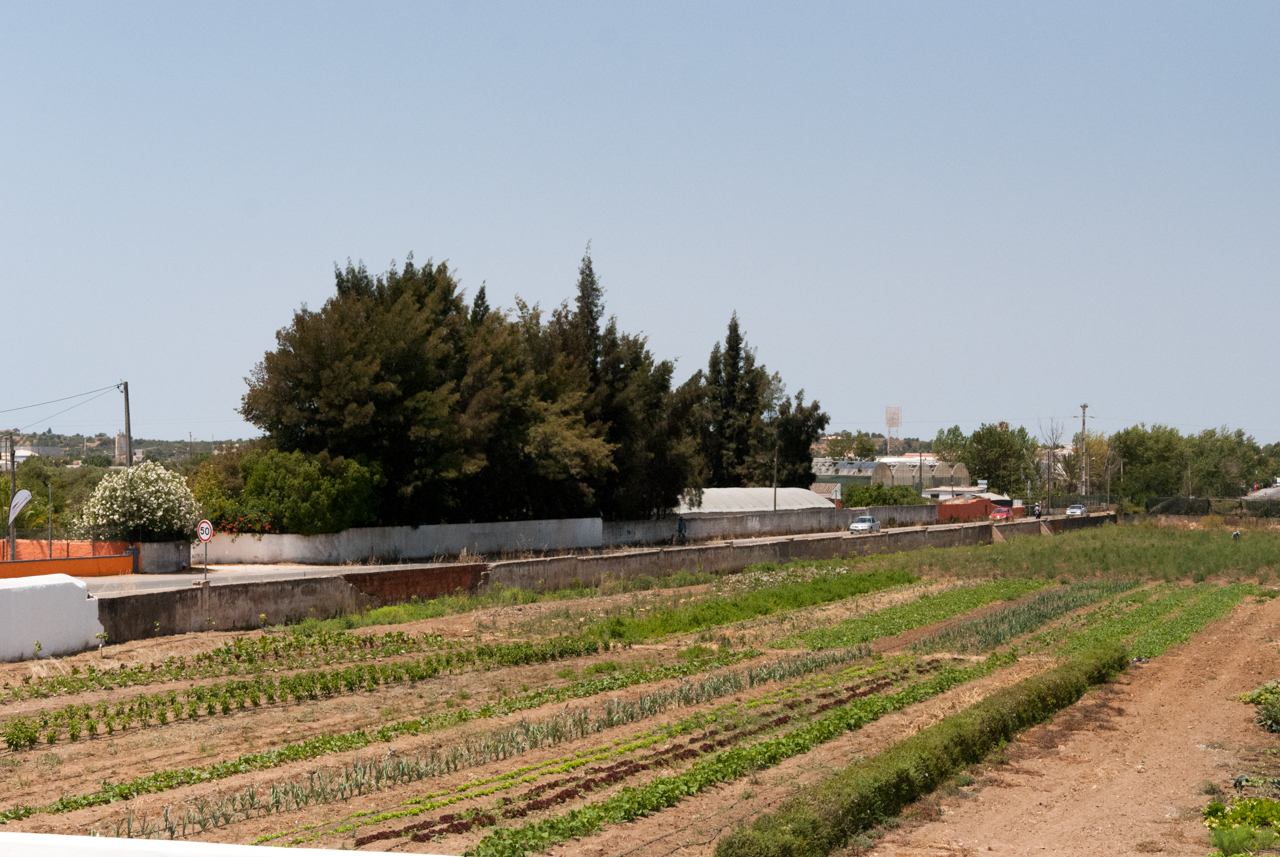
In total, 500 thousand euros were invested, «all with its own funds and bank money».
Chards, lettuce, carrots, green beans, steak beans and pumpkins are some of the products being cultivated at the Convento do Carmo farm, but then, «depending on the time of year, we'll plant whatever suits you best. Our biggest production is green asparagus, which we planted in February and hope to have some production next year. We also have fruit trees, which, in addition to being used to use the fruit, serve as a hedge for the property», explains Fátima Baiona, an agronomist who works at Convent'bio.
To ensure that the products are not affected by pests, there are tricks and Fátima Baiona reveals to the Sul Informação some: the first is that “we don't do monocultures. We have several plants that support each other. We plant what we know will leave organic matter for the next planting. There are plants that help to repel pests. We have, for example, mint hedges, because a “heap” of animals that are the farmer's friends live there. If you can understand how agriculture works, you can see that sometimes the animals help to control pests naturally. An ecosystem is formed that regulates itself».
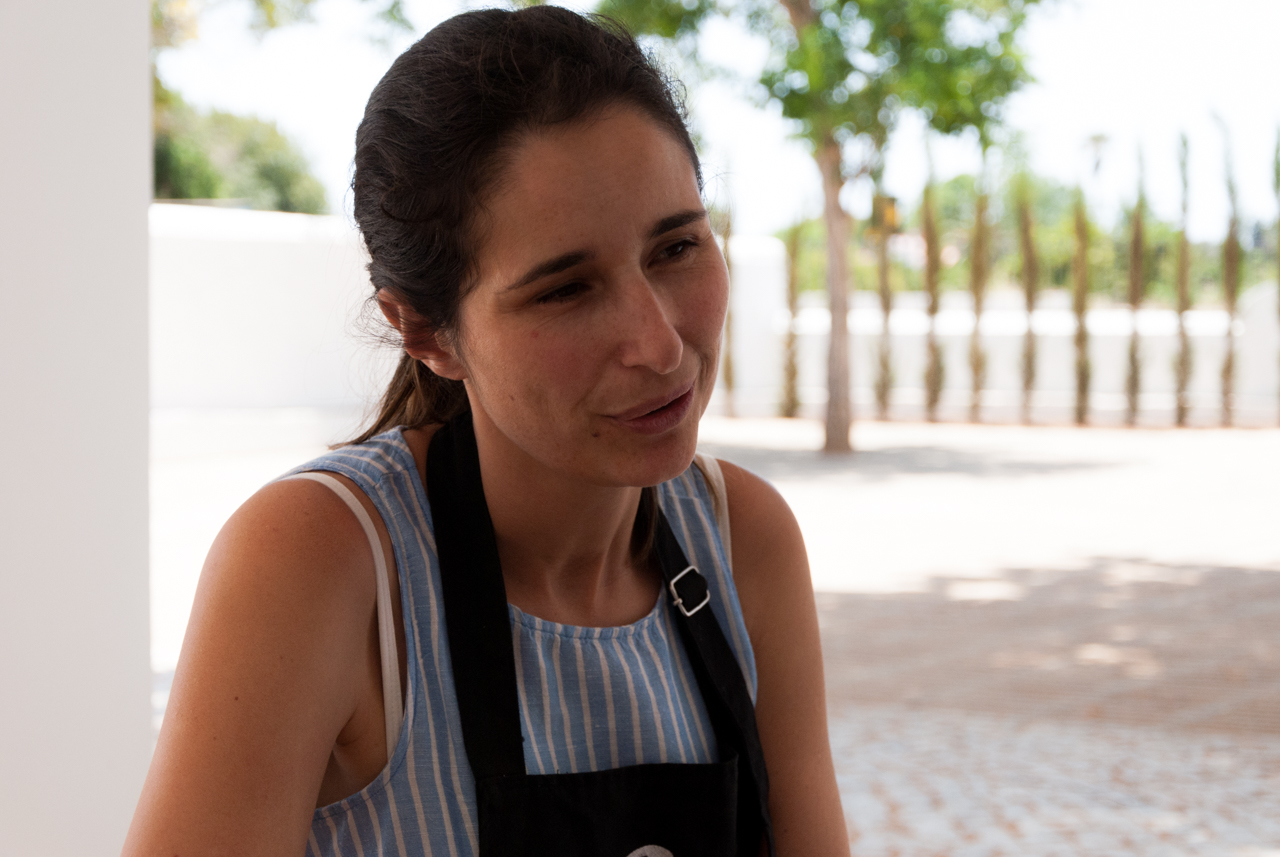
For now, at Convent'bio, «those who do the biggest grocery shopping are foreign residents, but then there are many Portuguese customers who are on holiday and who are used to buying organic products in Lisbon. However, increasingly, the audience is more diluted and more mixed. There are already many Portuguese buying our bread. It has become a routine, on Tuesdays and Thursdays, for people to come for hot bread».
Although, initially, the bread produced is what is nicknamed “our grandmother's”, there is also “a Danish bread, with a Nordic flavour. We have many foreign resident customers who ask for this type of bread».
In addition to the routine of buying hot bread, Convent'bio customers were already acquiring other habits, namely in the restaurant. «We have our menu of the day, with soup and drink. Then we have simpler things in a letter, like open toasts, with our wonderful bread, we have a range of other sweets, no refined sugars, no eggs and no milk. People already know, for example, that lasagna is on Friday and they come on purpose to eat on that day», says Fátima Baiona.
In the plans, there are other events, such as «a pizza day, to enjoy our oven, and we want to use a room we have available for tastings and showcookings».
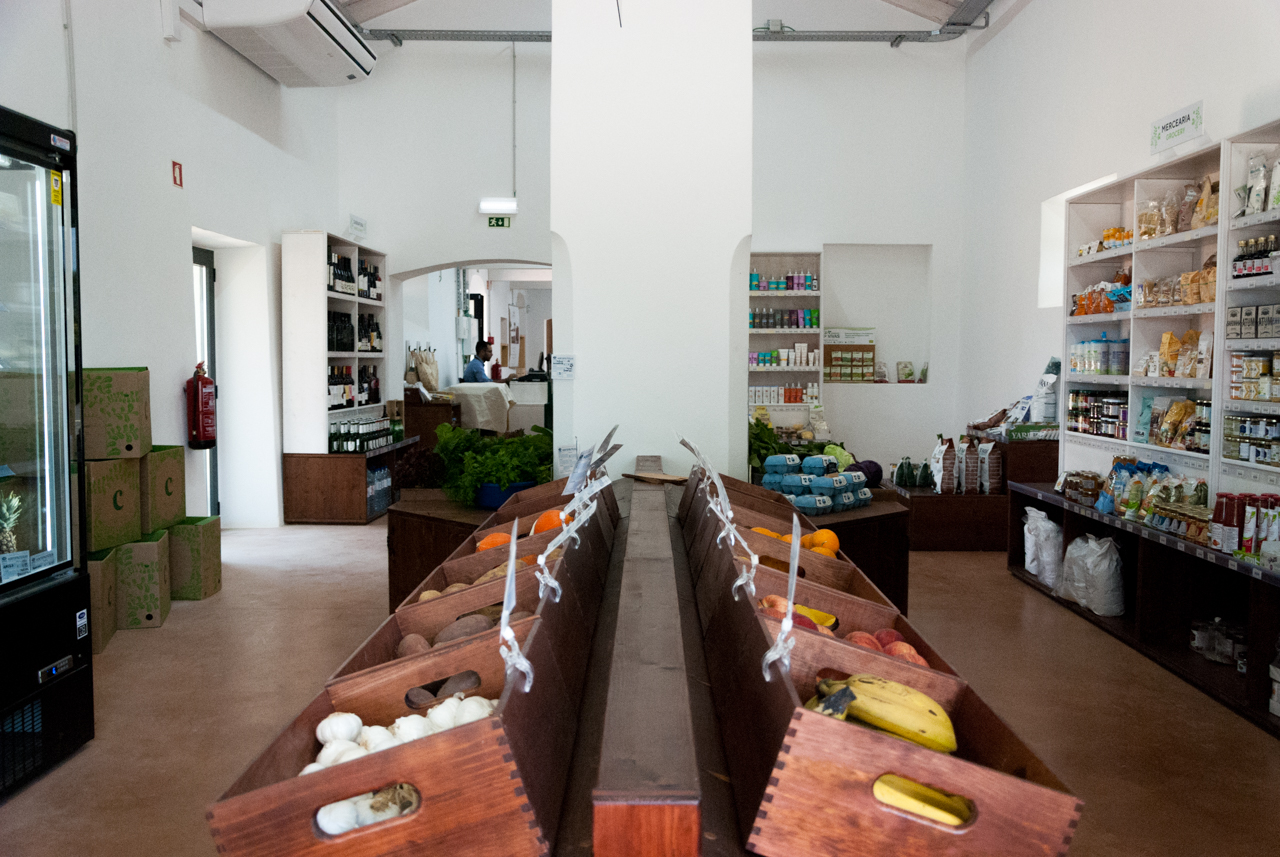
Although, for now, most meals are vegetarian or vegan, this is not a rule. “We are just biological. In addition to having, for example, mackerel toast, we are in contact with a producer, who will supply organic hamburgers», reveals the agronomist.
For those who cannot go to Convent'bio, baskets are available, «not only with the fresh produce we produce, but also with the products from the grocery store. We are representatives of two biological brands. Not only food products, but also detergents, and we try, as much as possible, not to have plastics. Therefore, we have several products that are sold in bulk».
The hampers can be ordered through the Convent'bio website or by calling 960 243 226.
Photos: Rodrigo Damasceno|Sul Informação
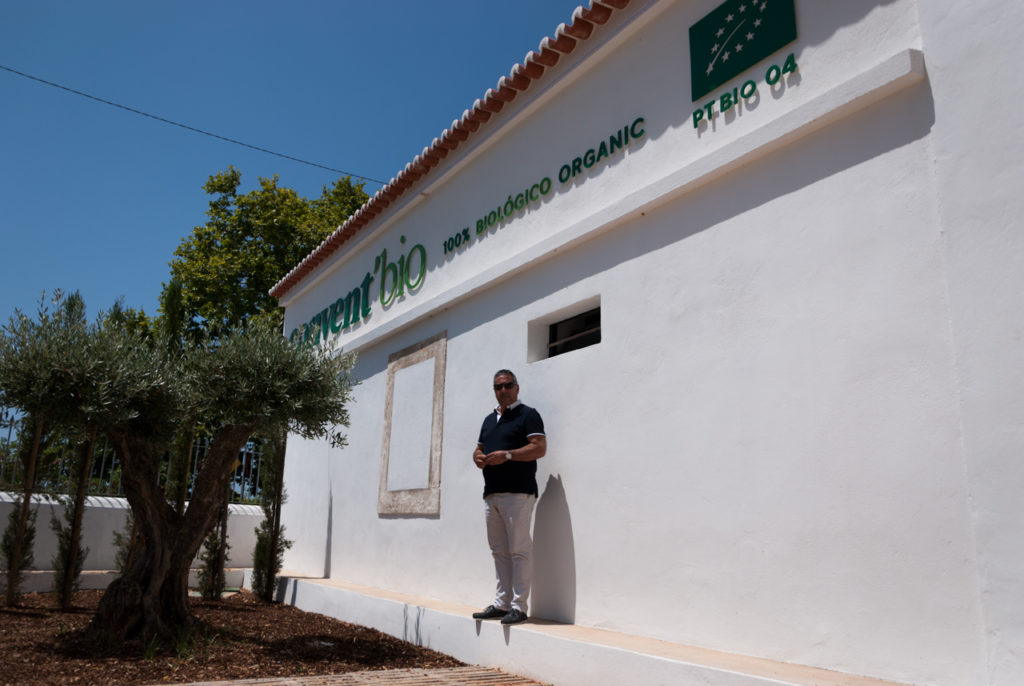
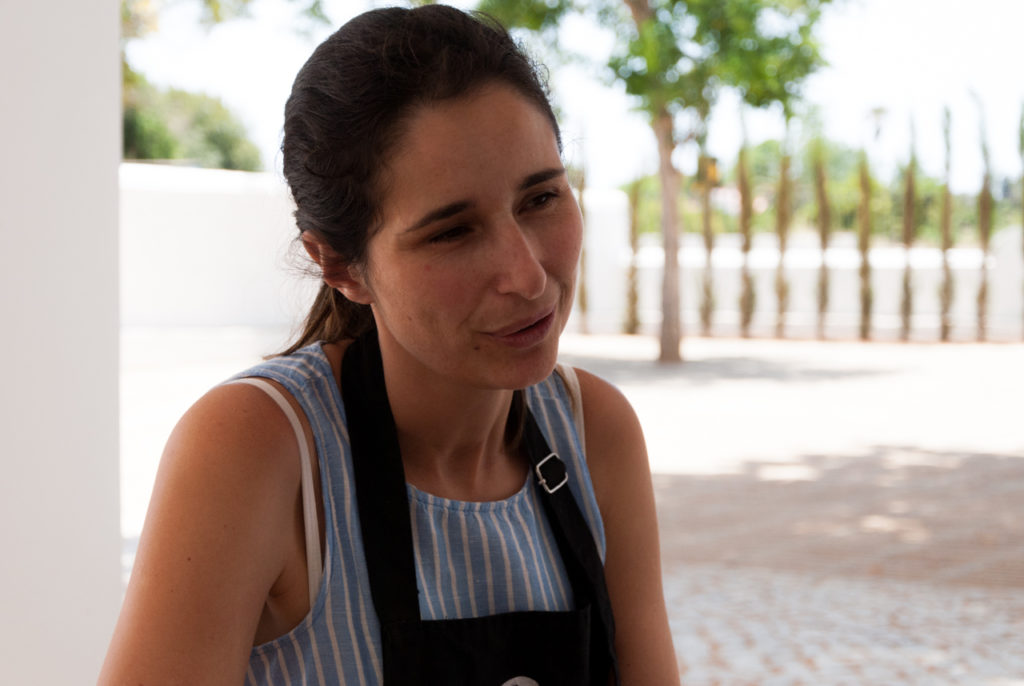
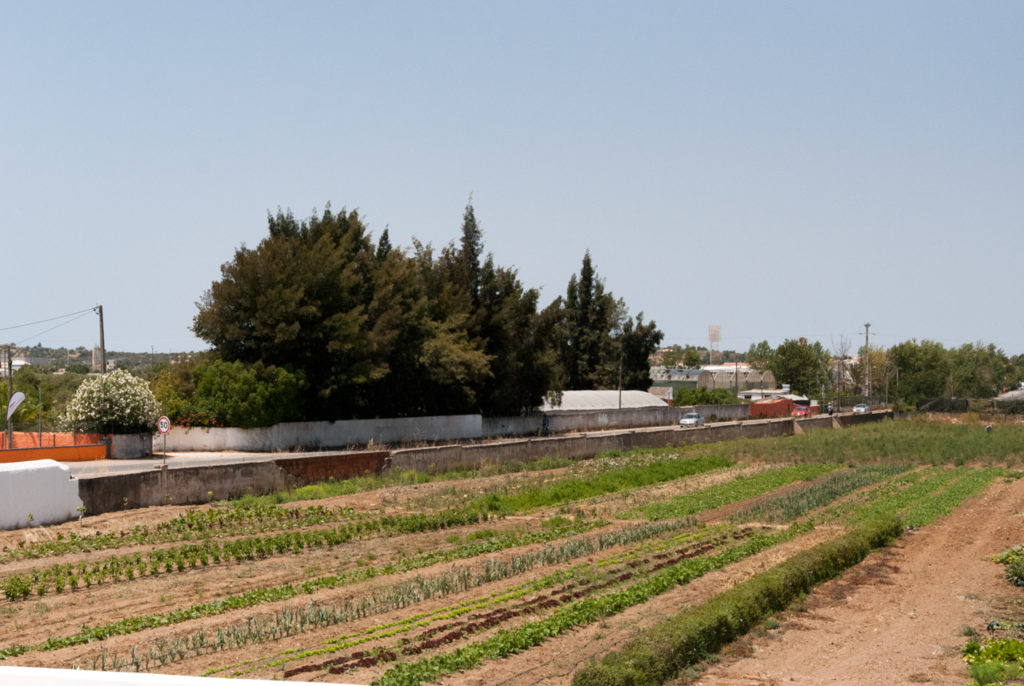
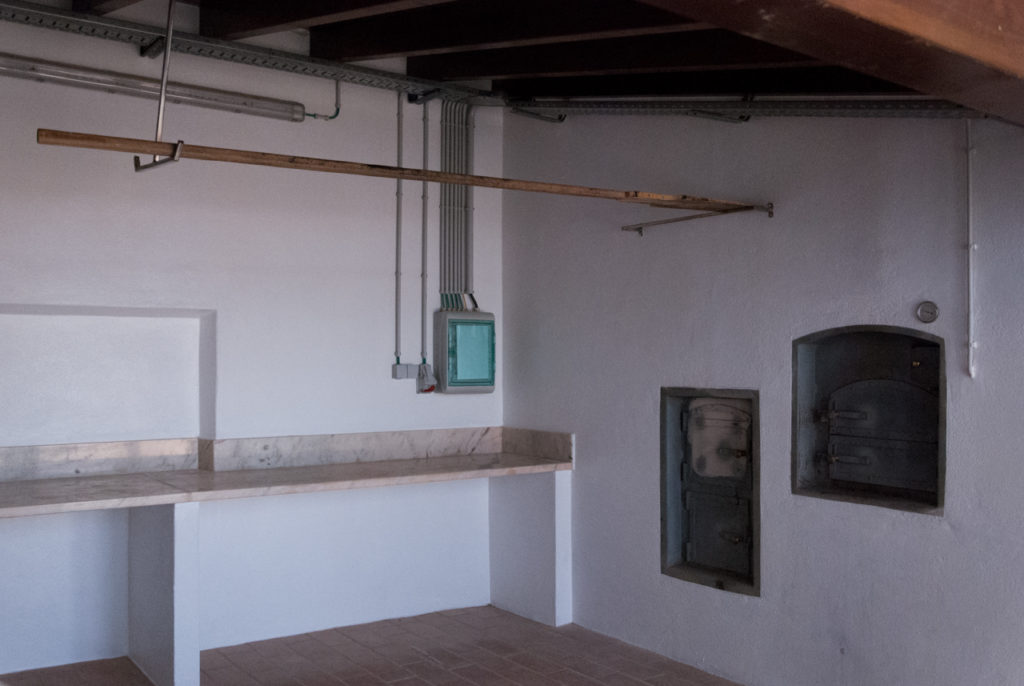
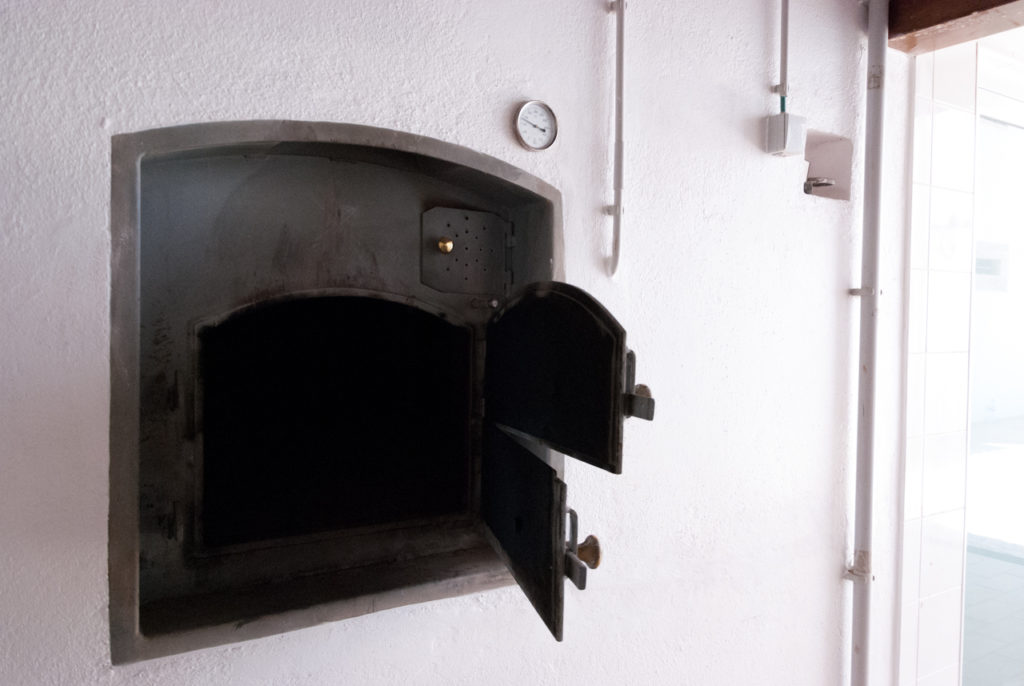
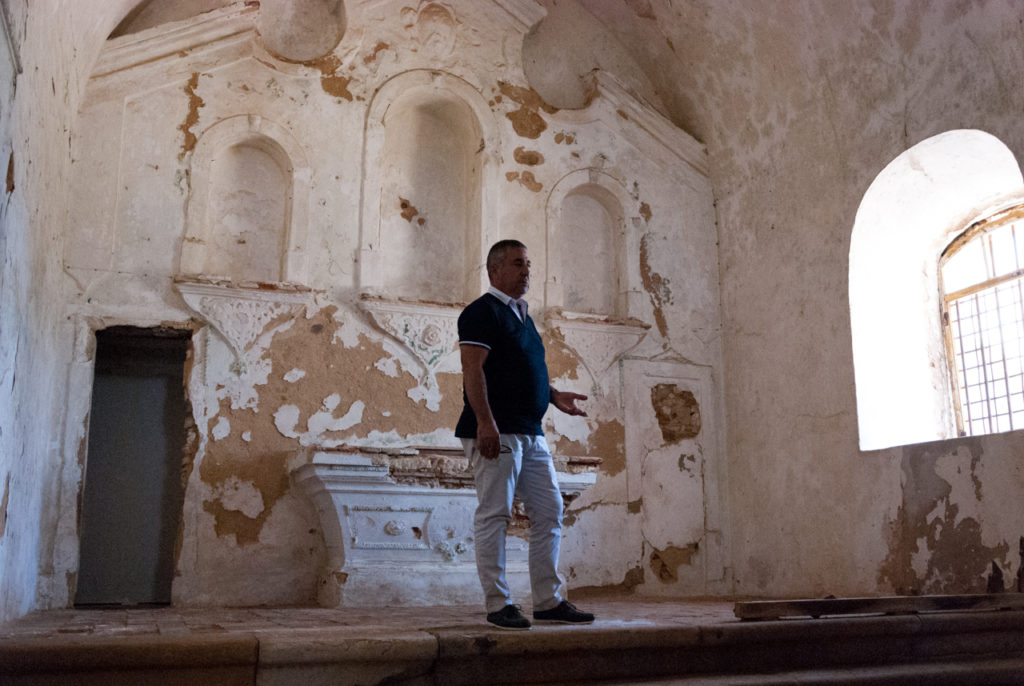
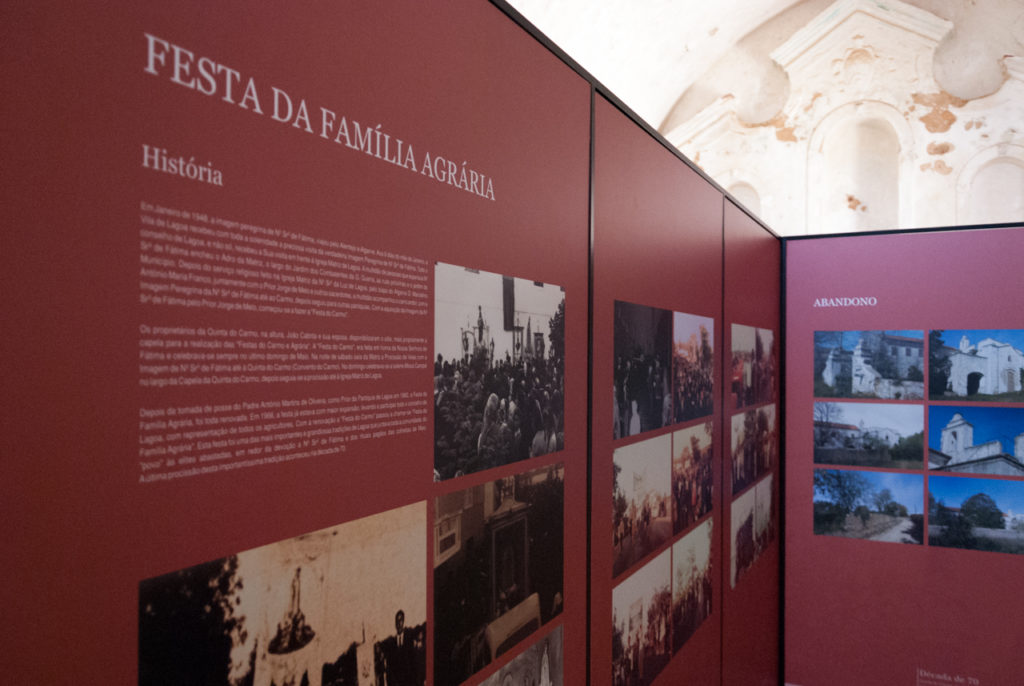
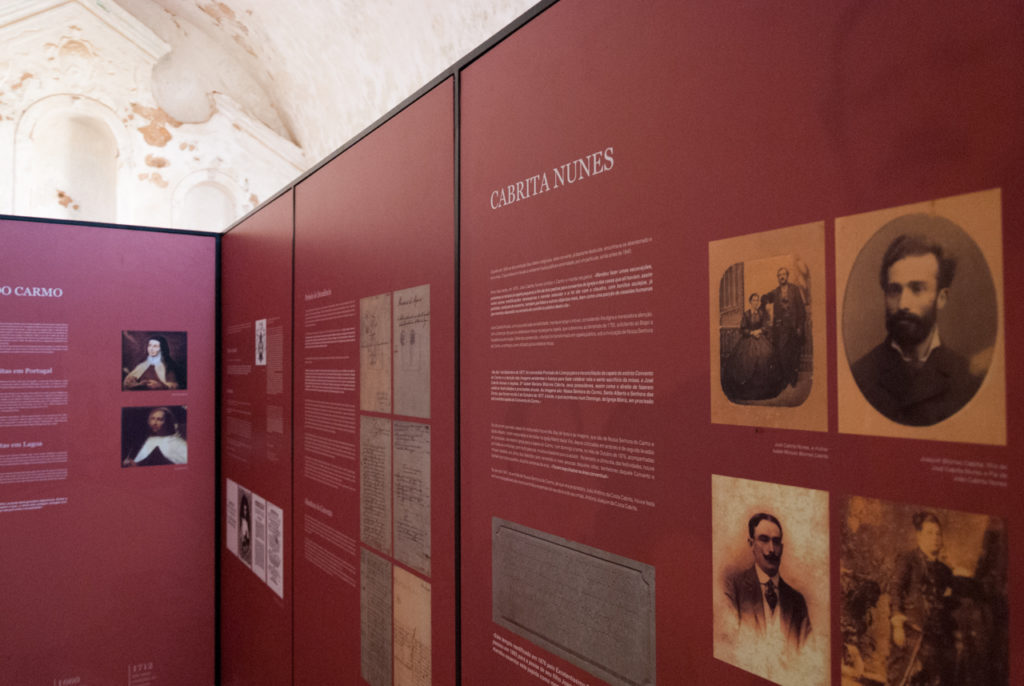
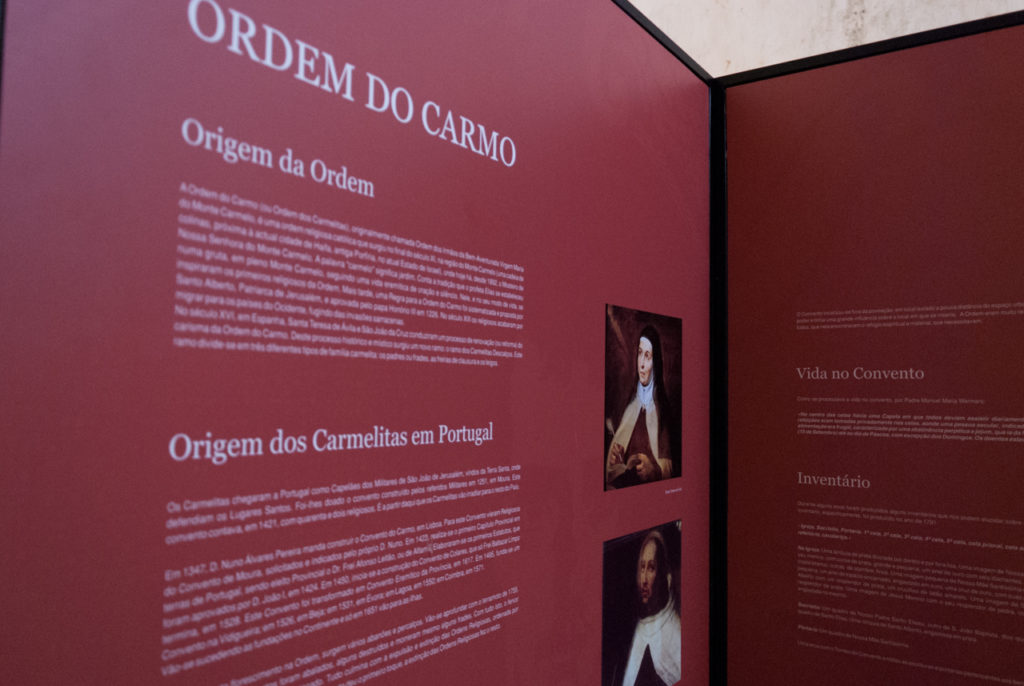
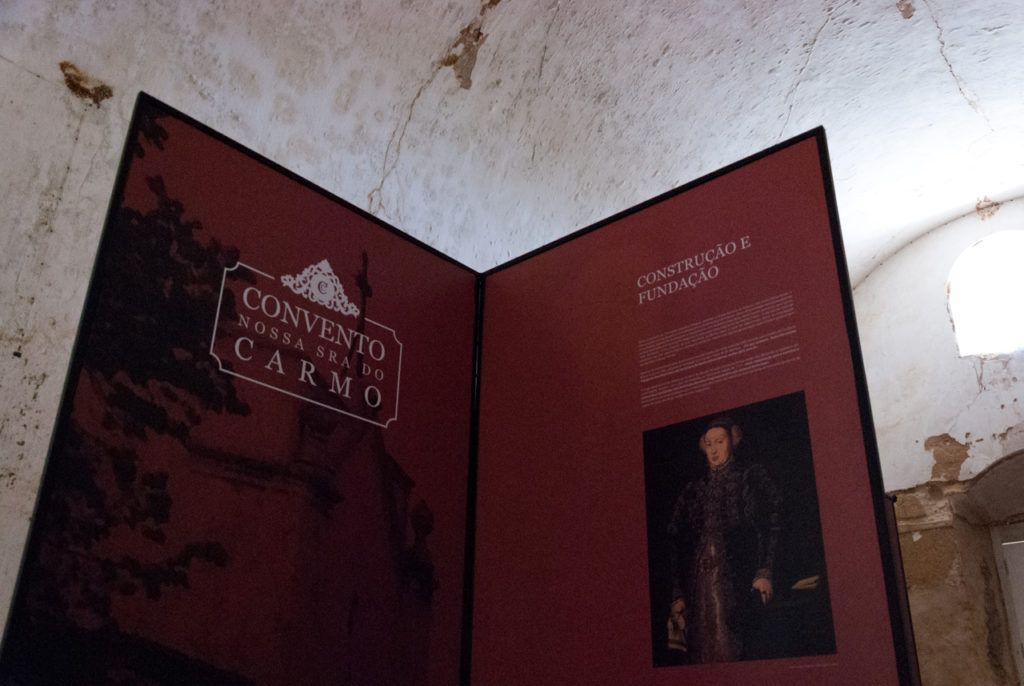
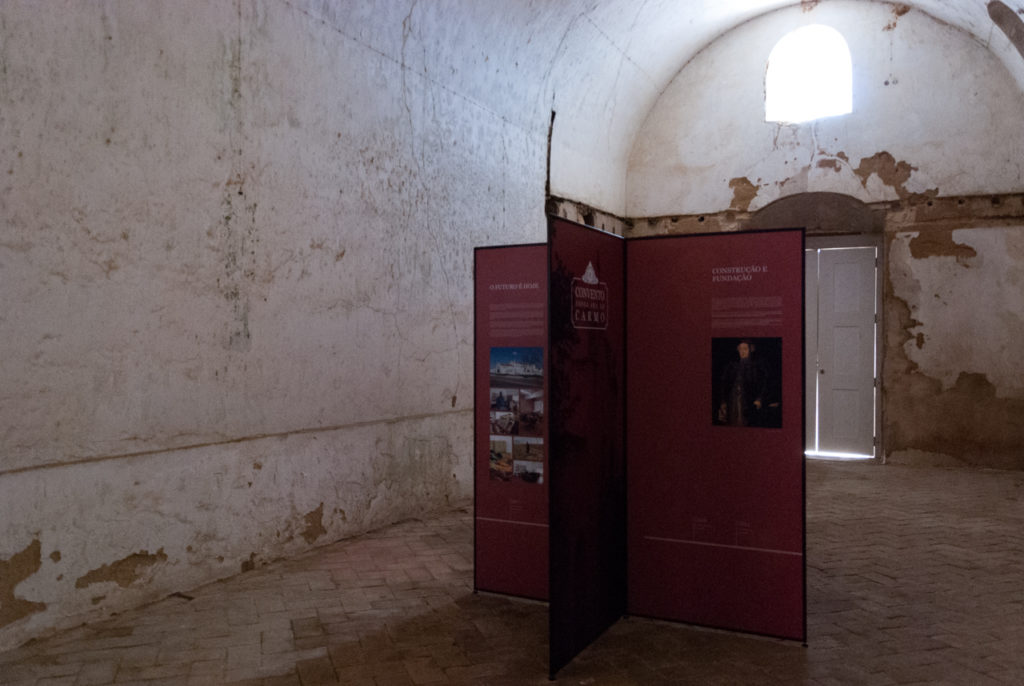
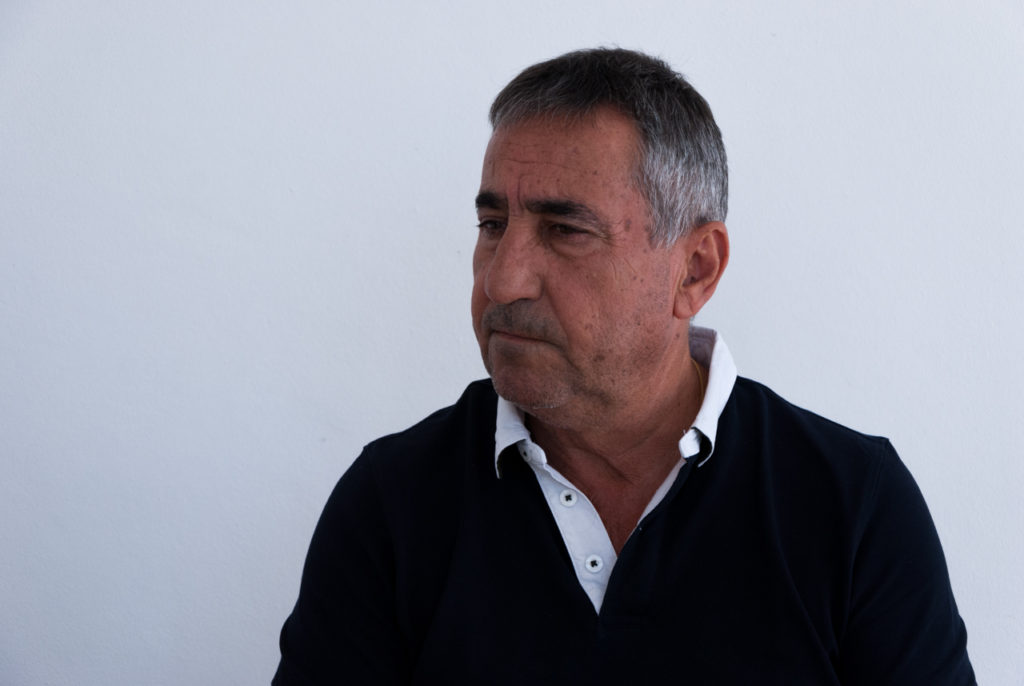
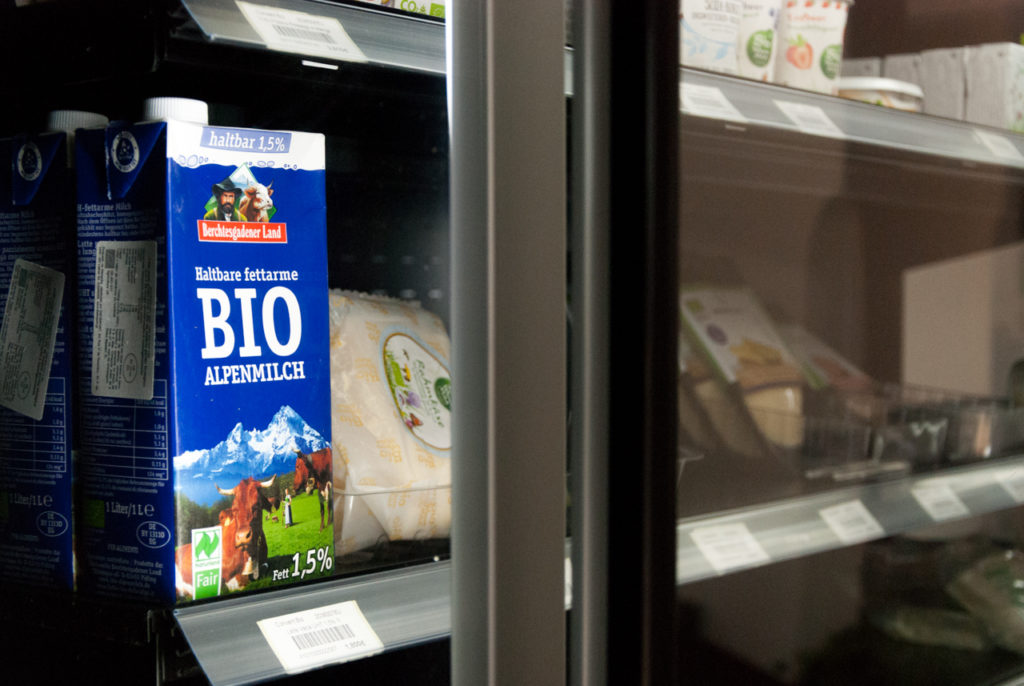
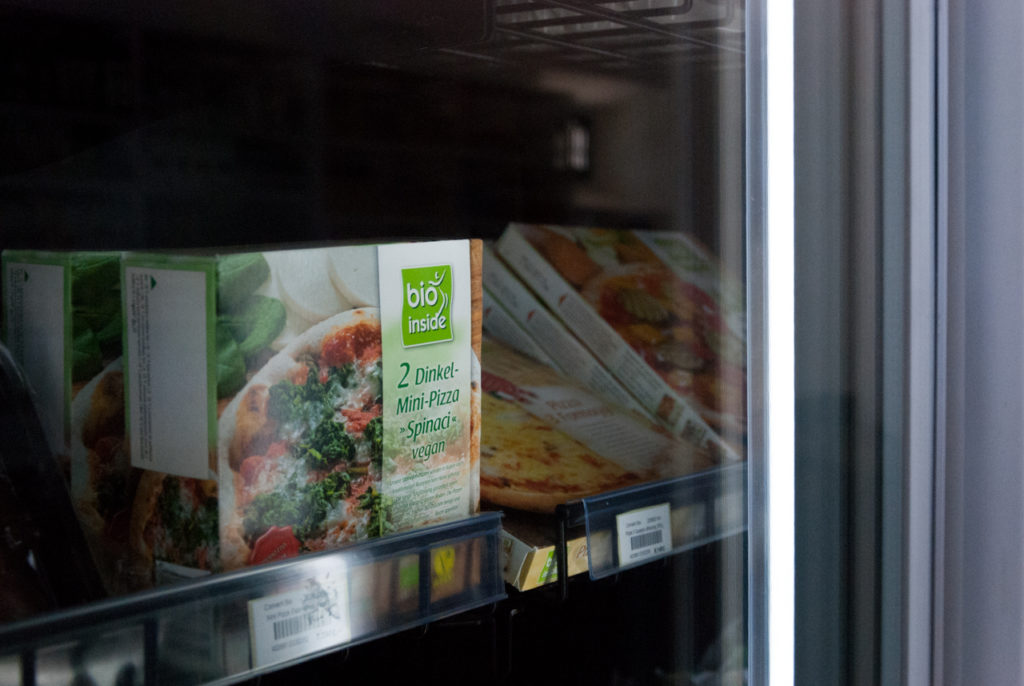
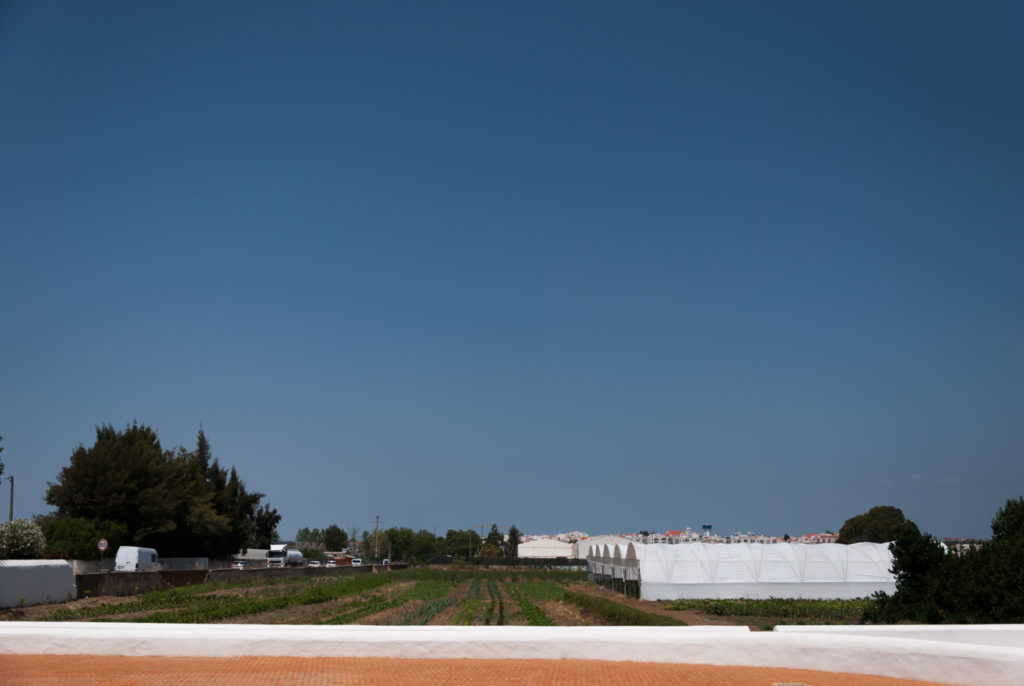
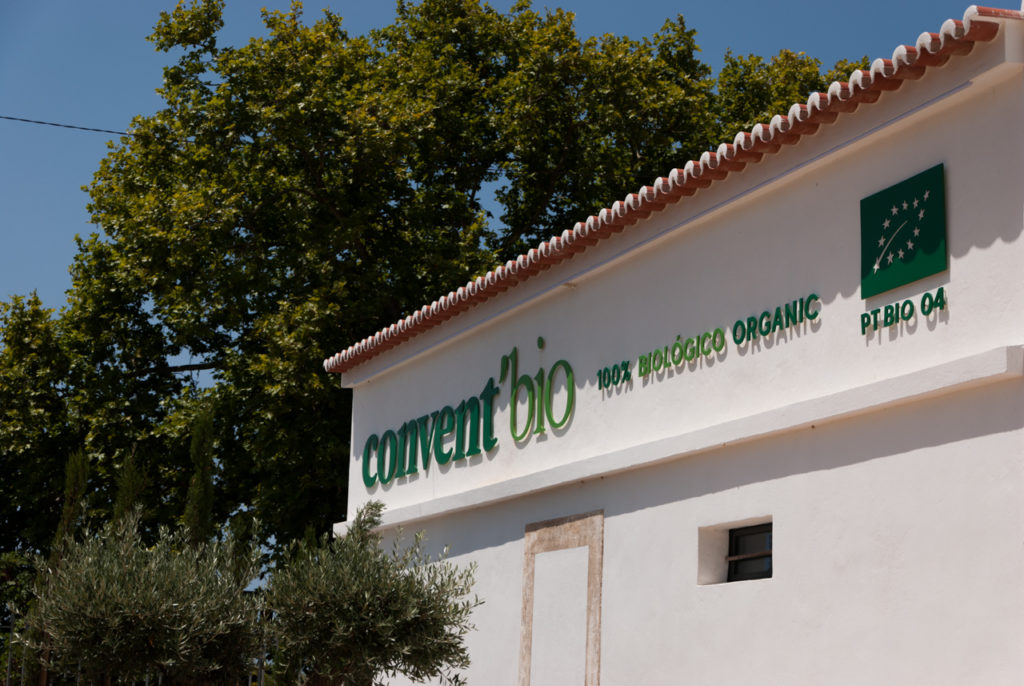
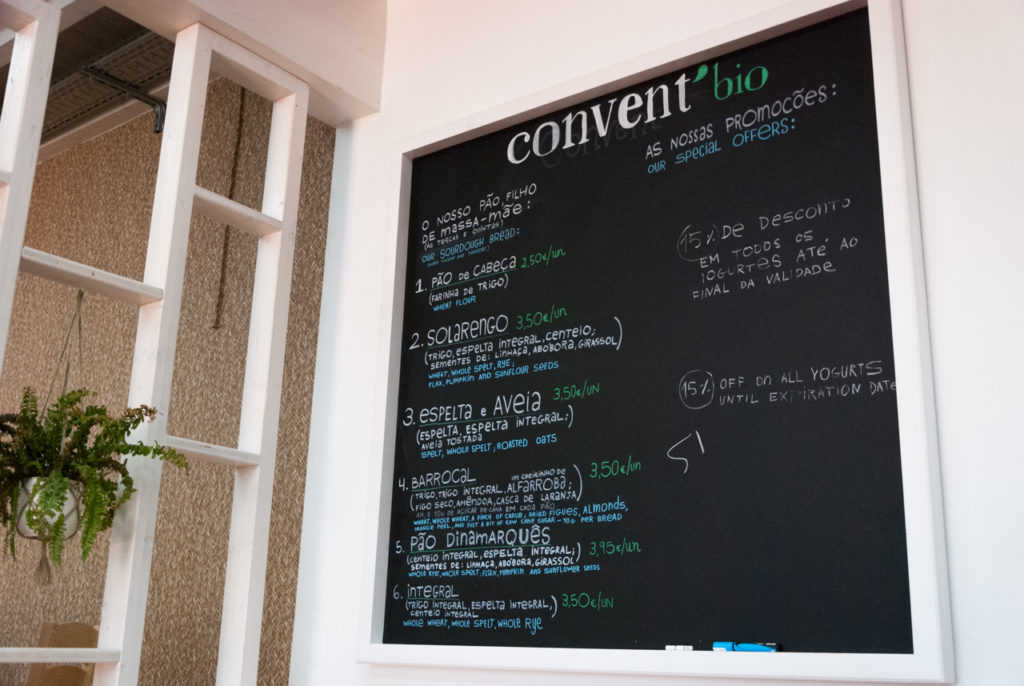
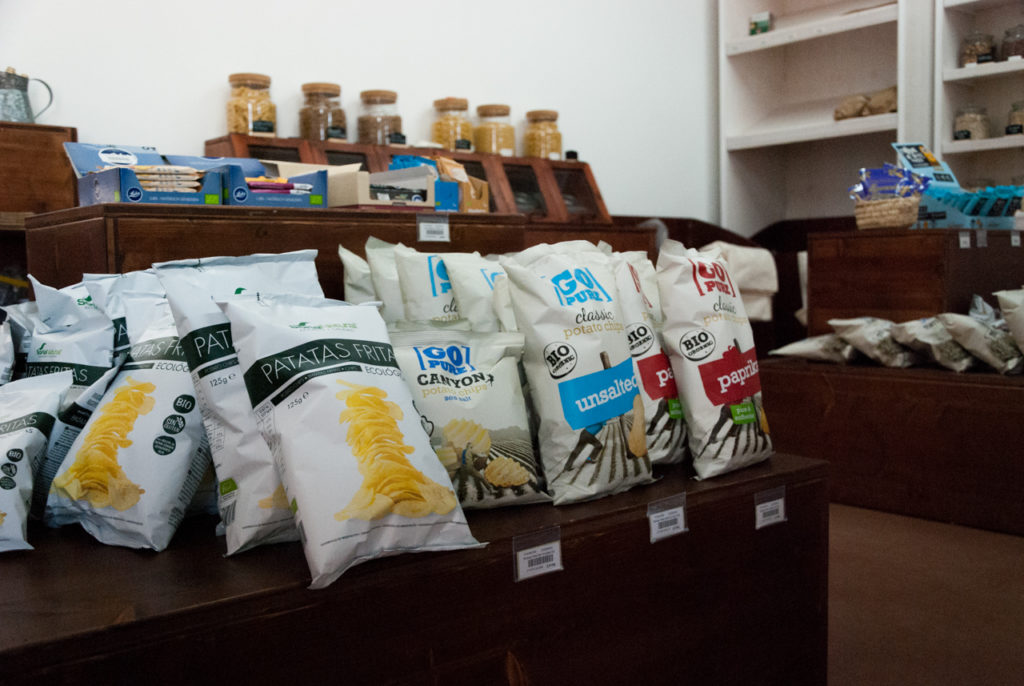
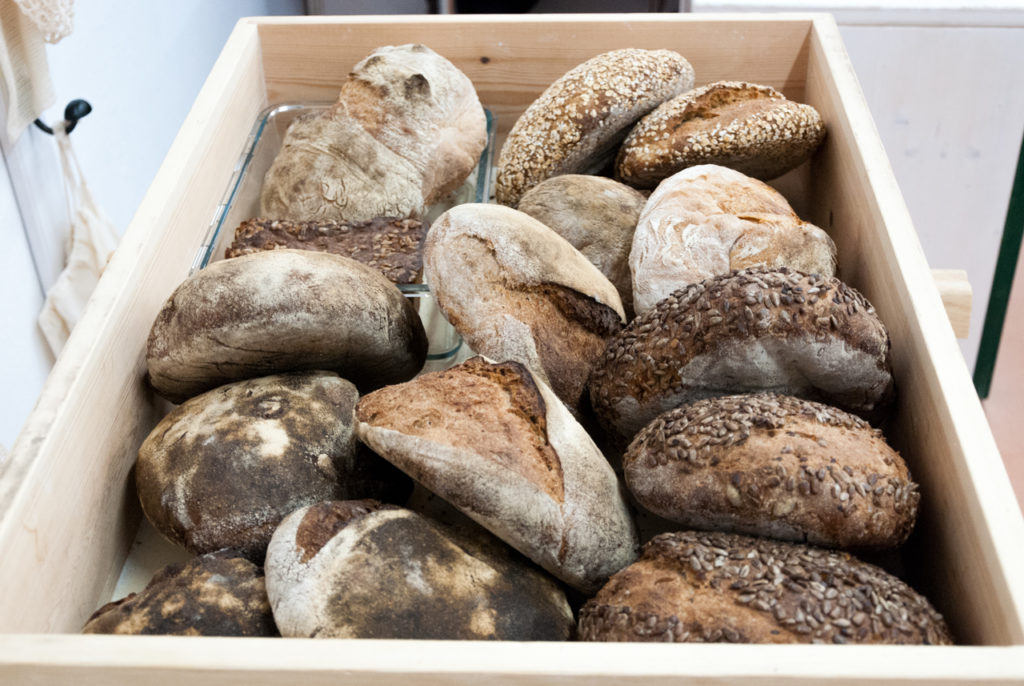
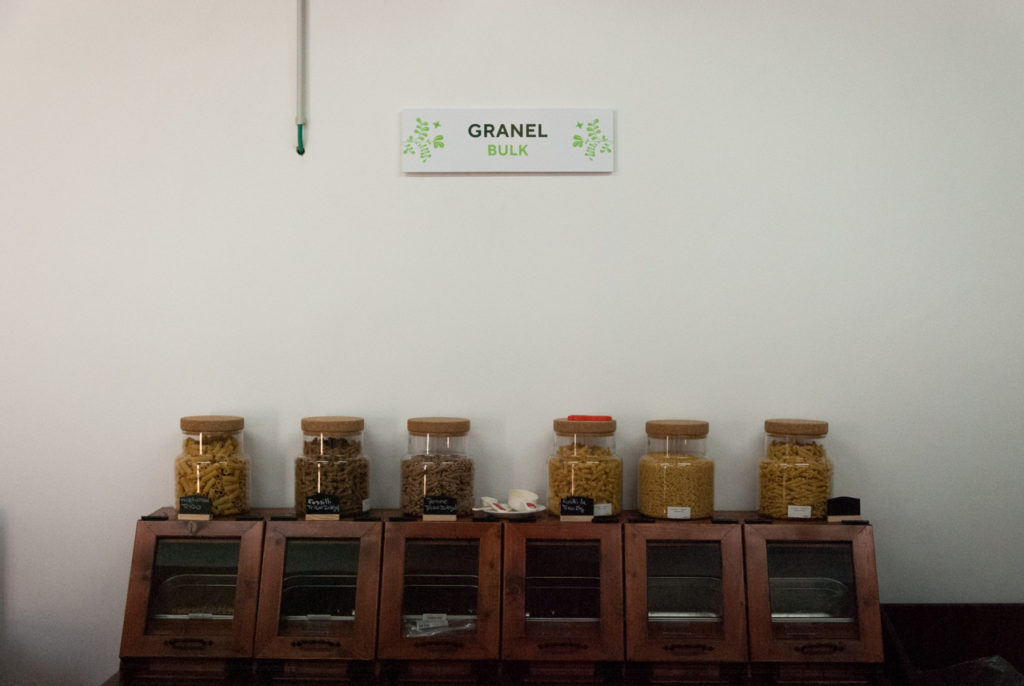
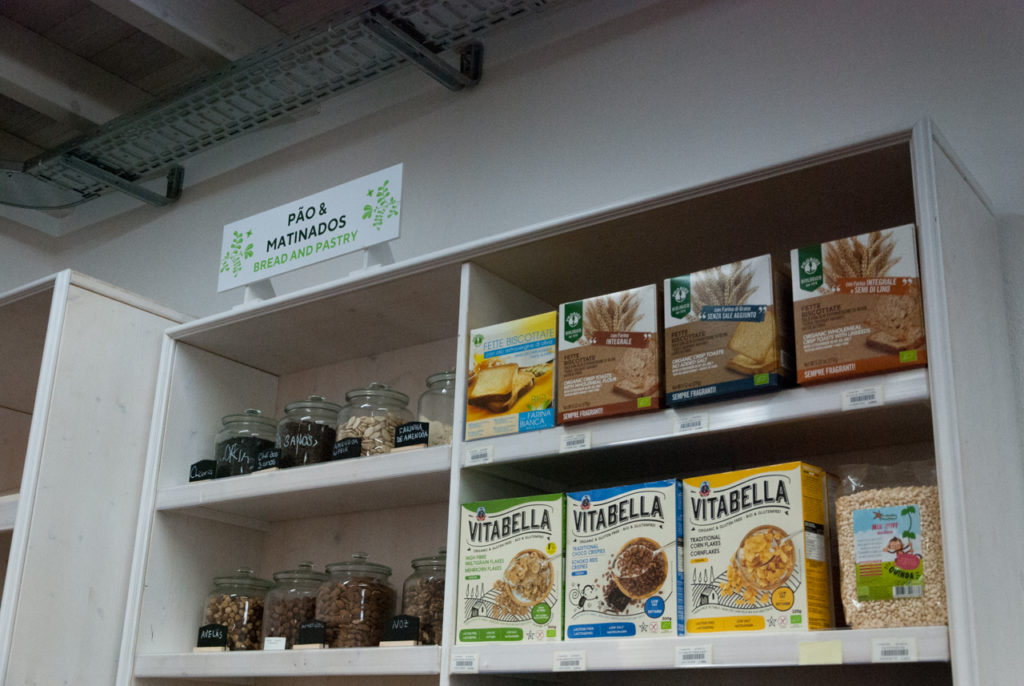
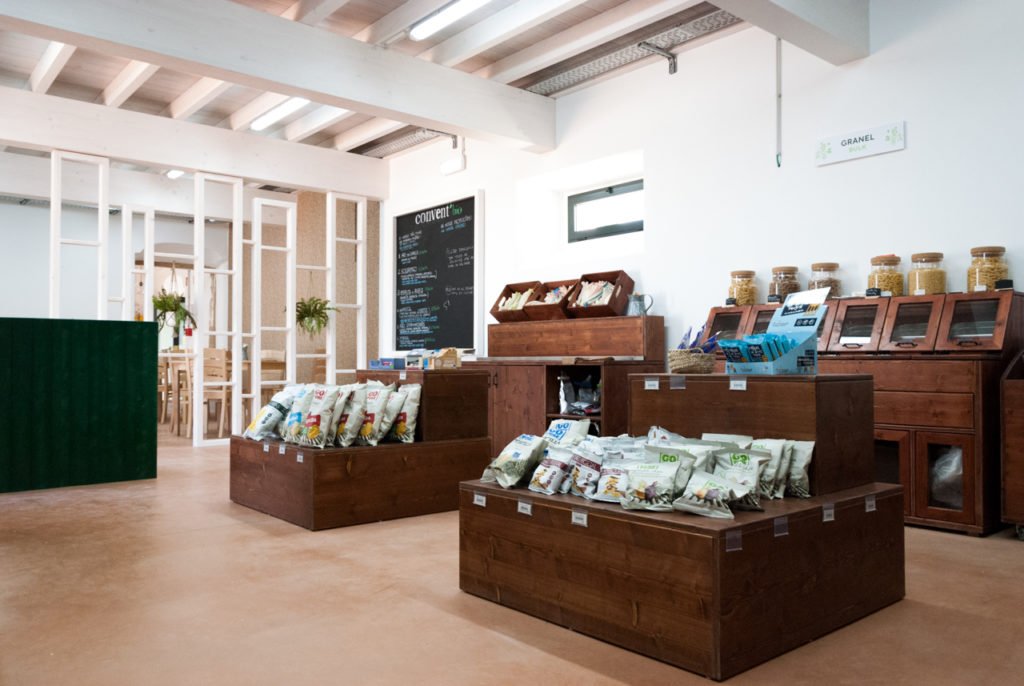
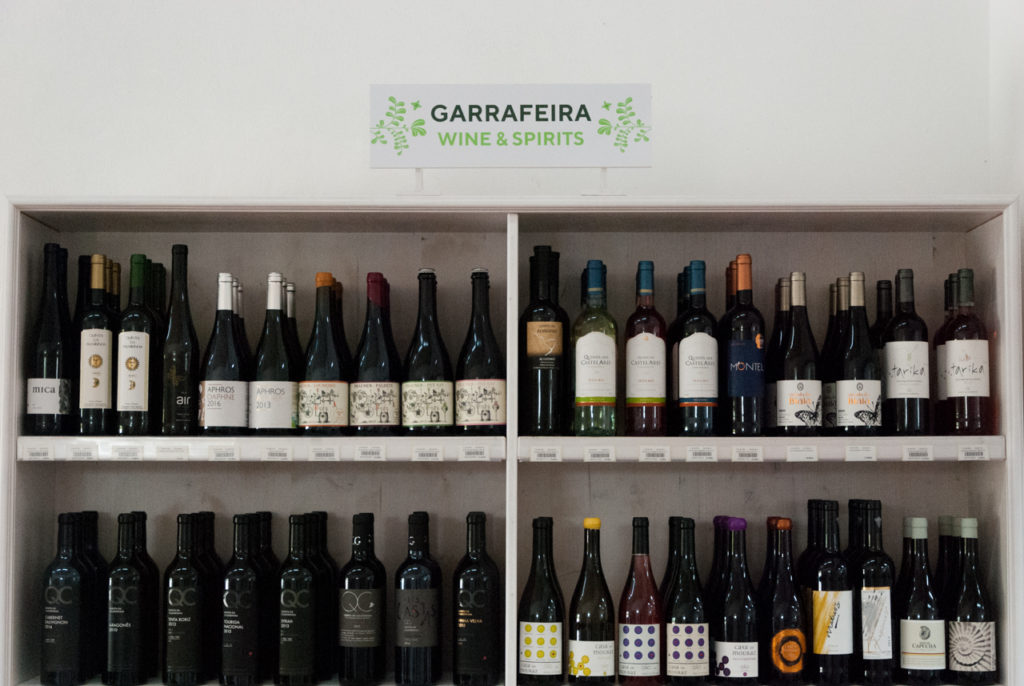
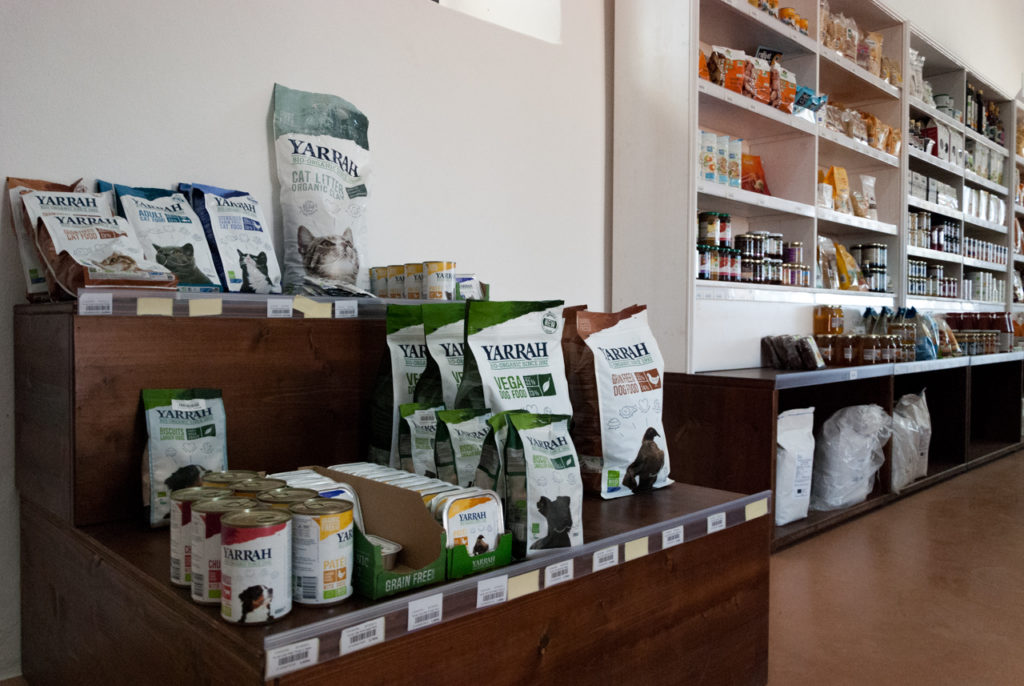
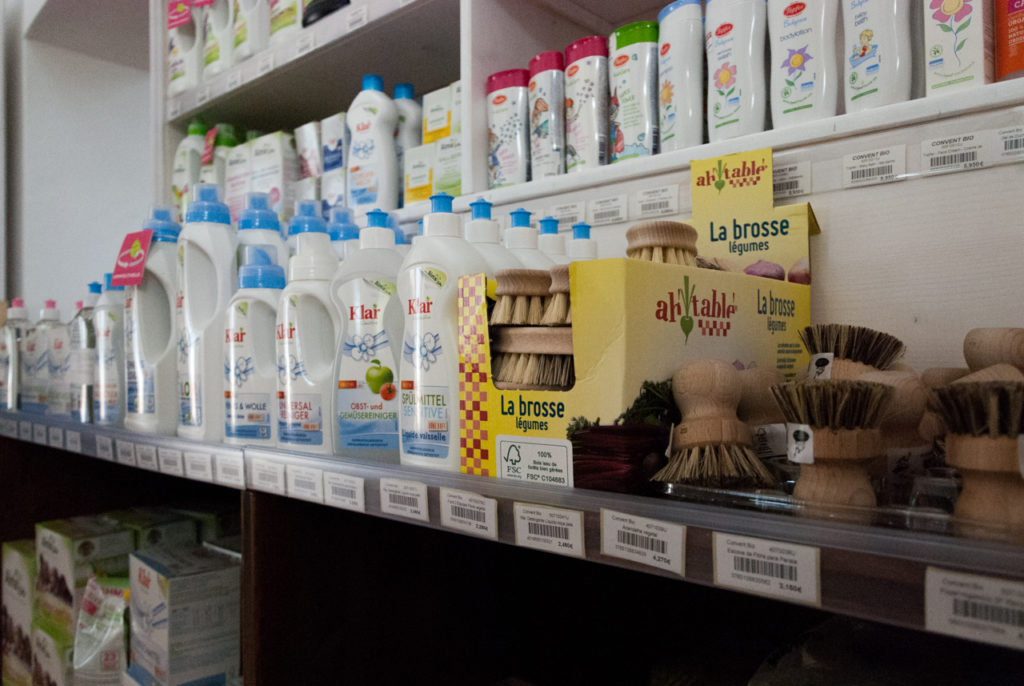
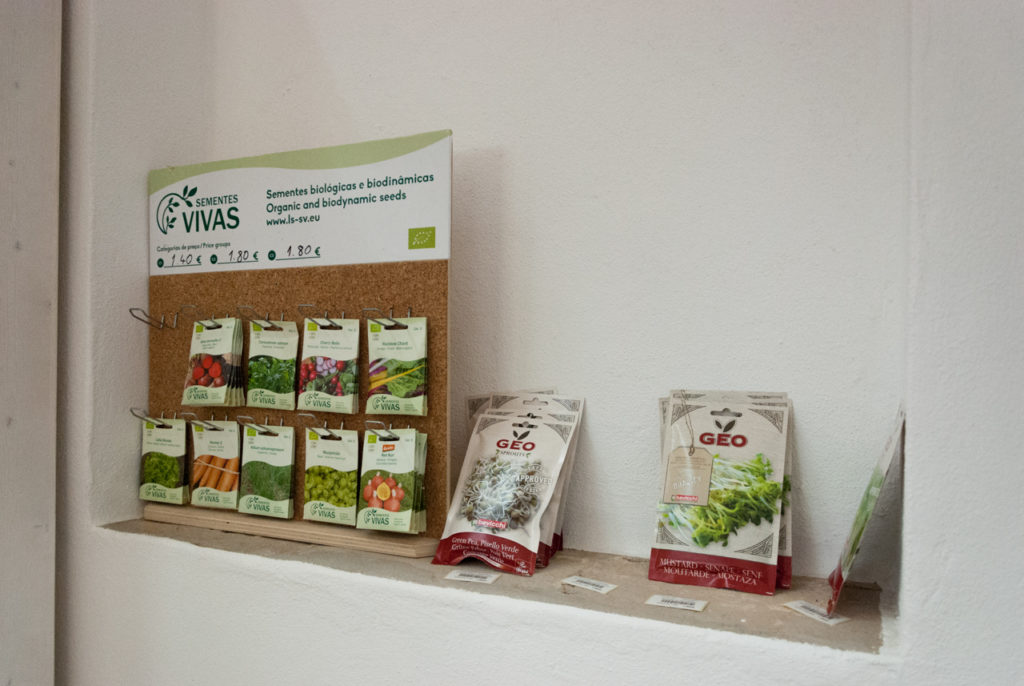
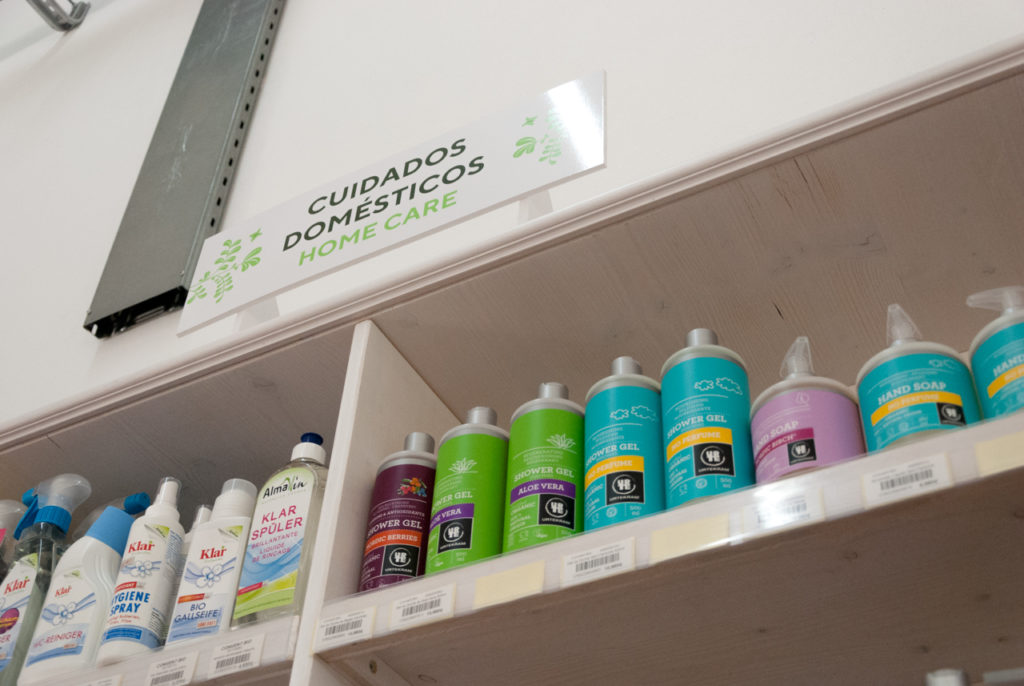
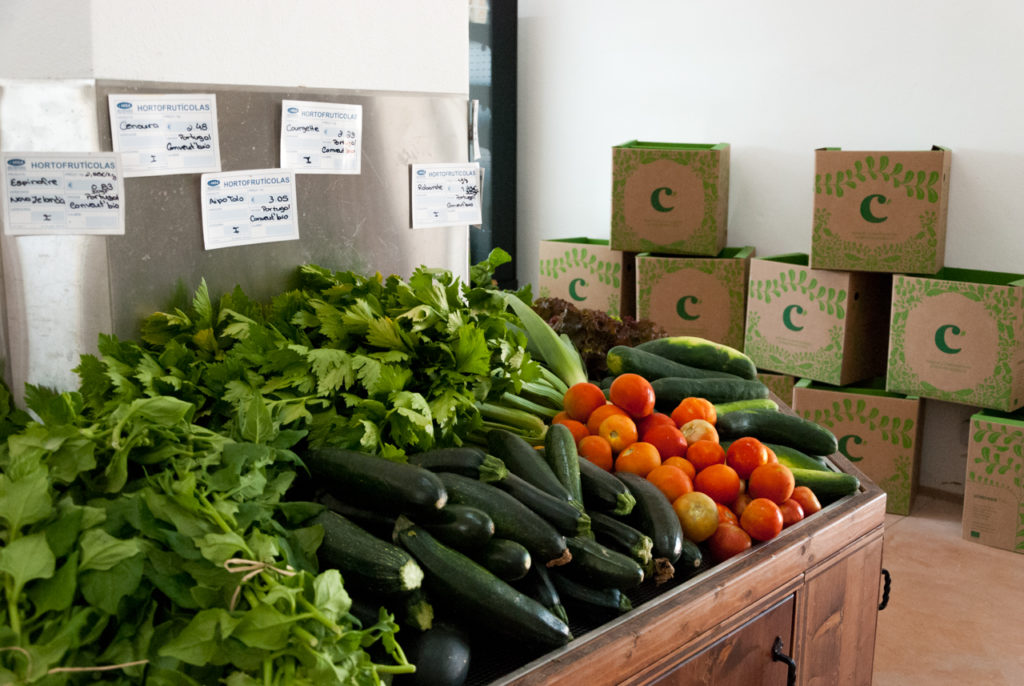
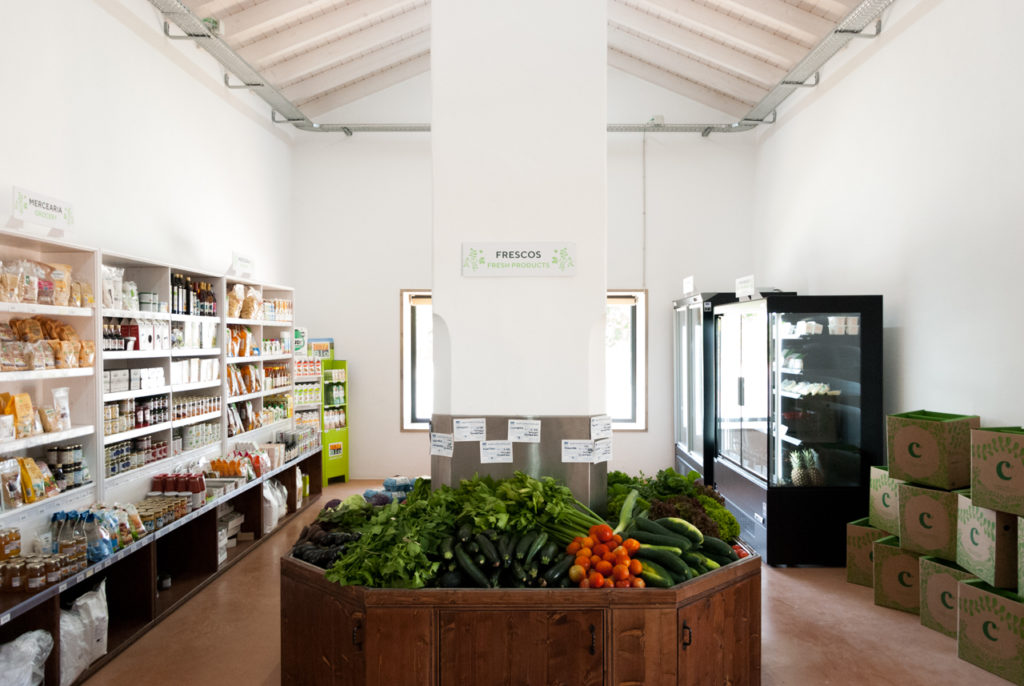
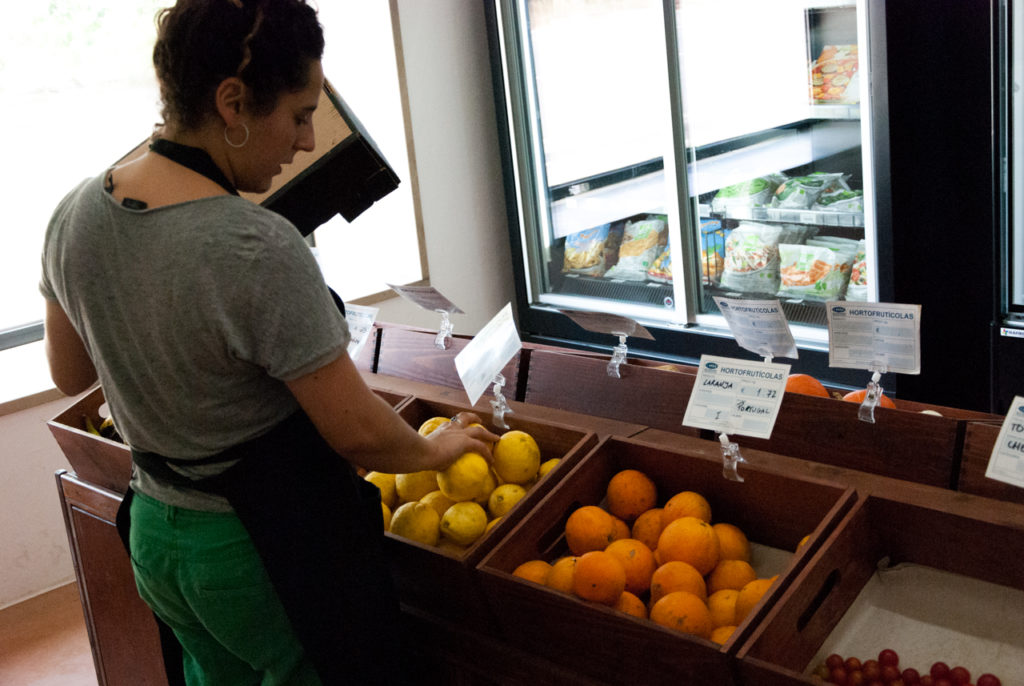
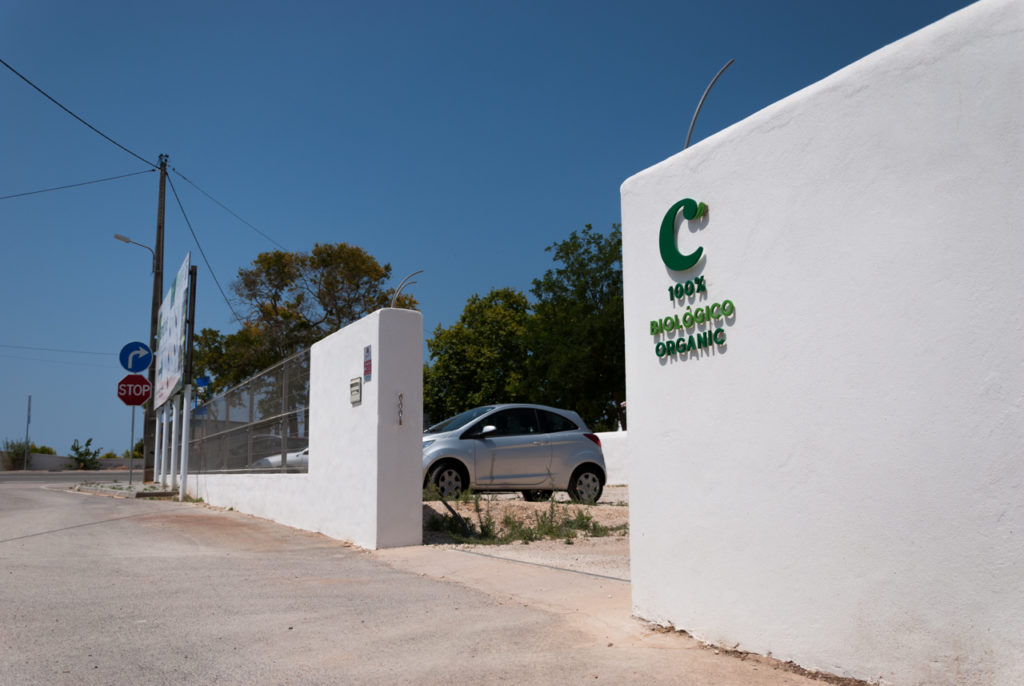
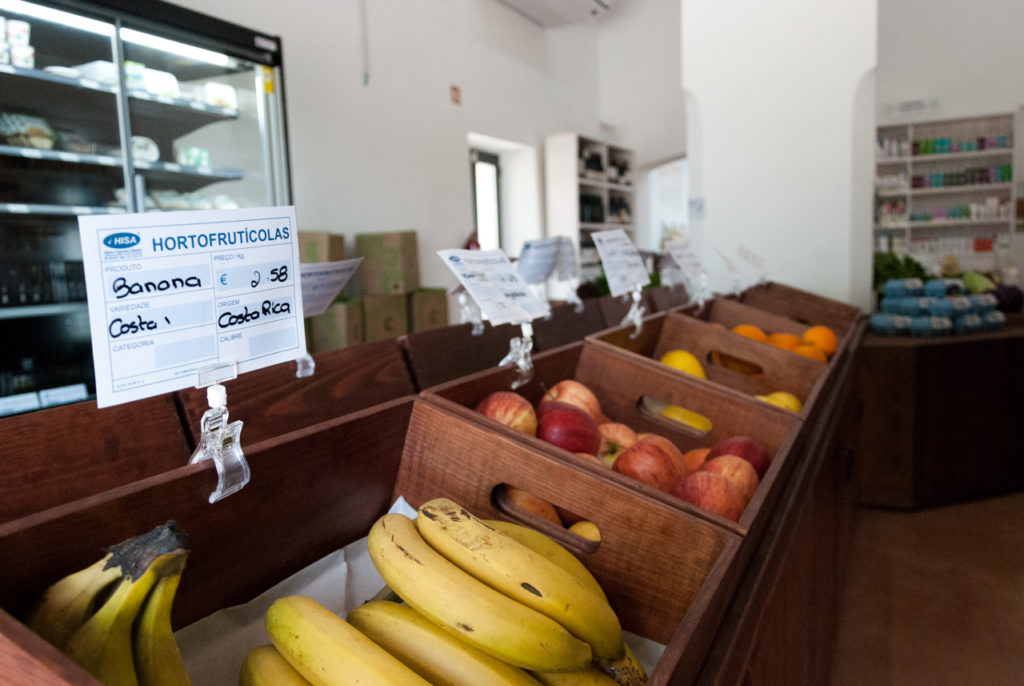
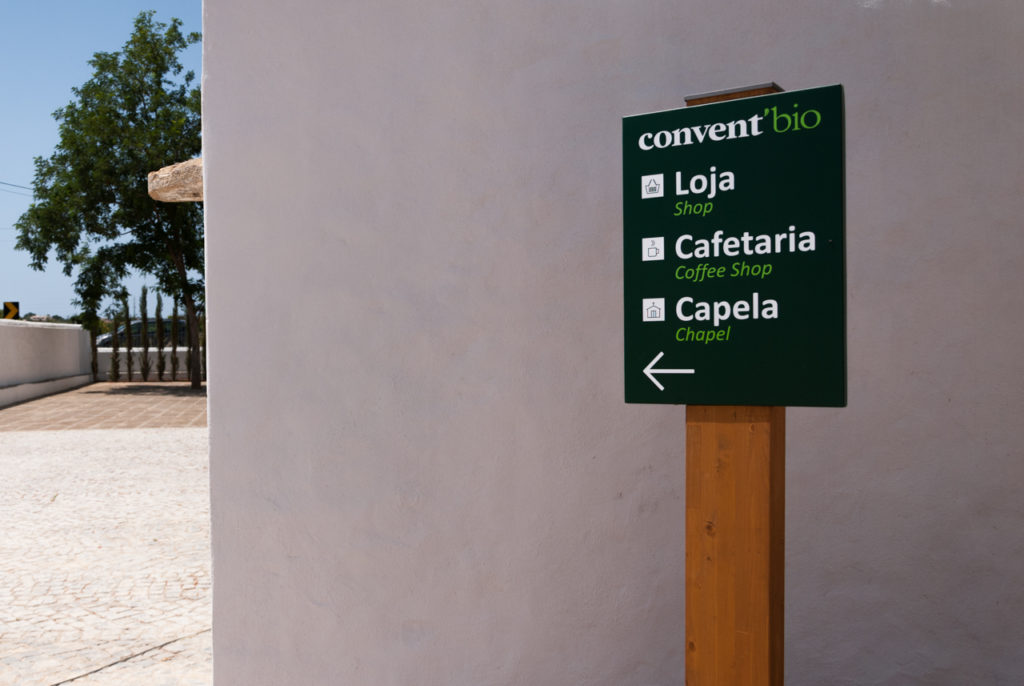
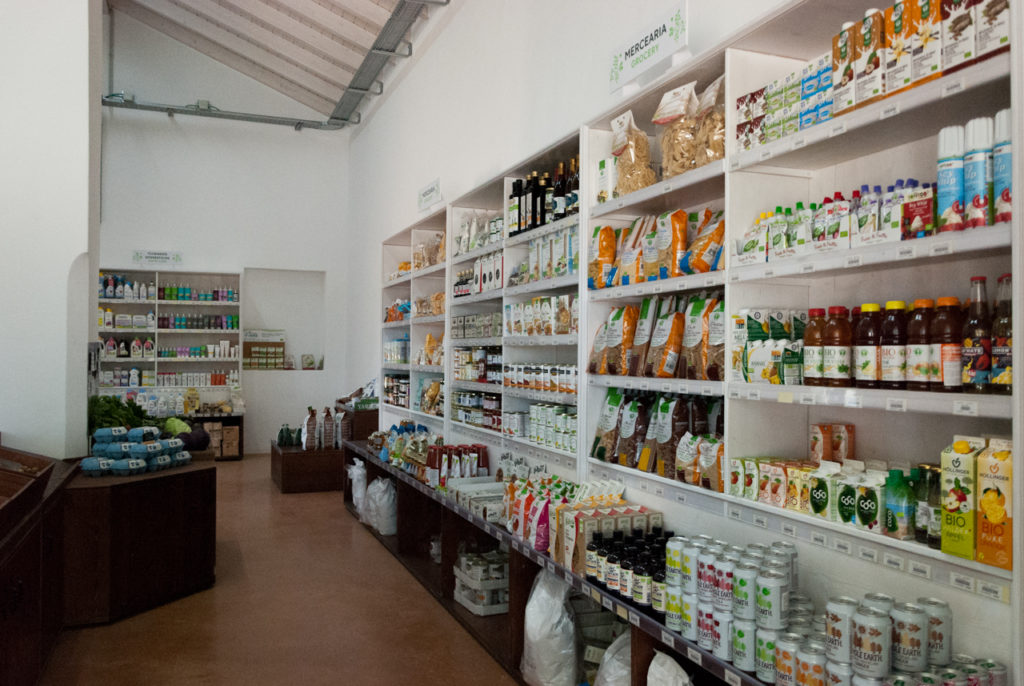
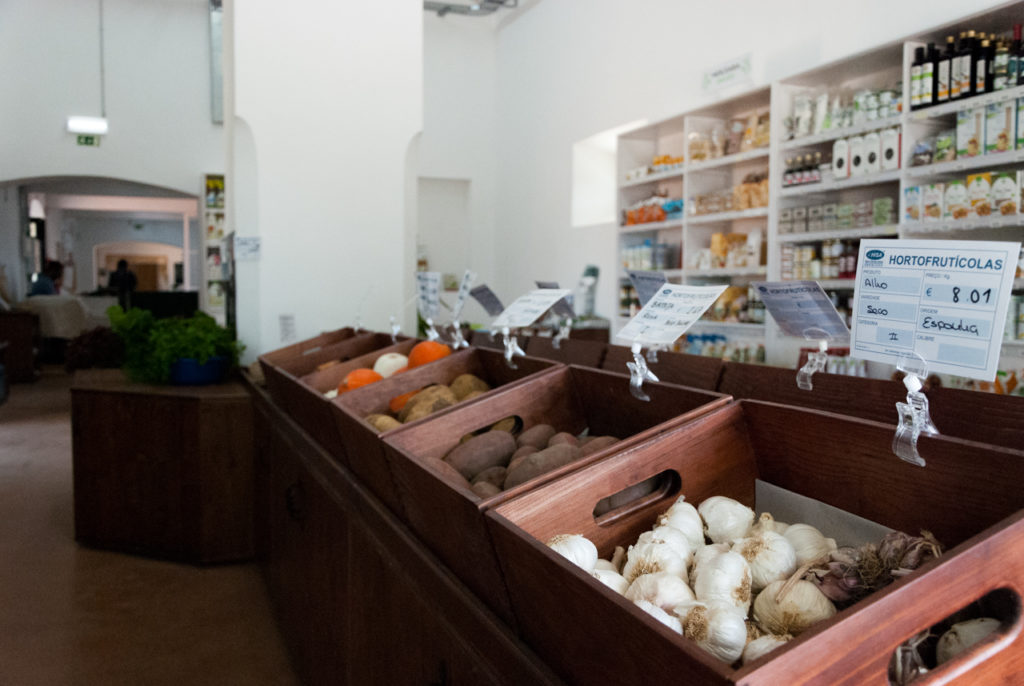



















Comments